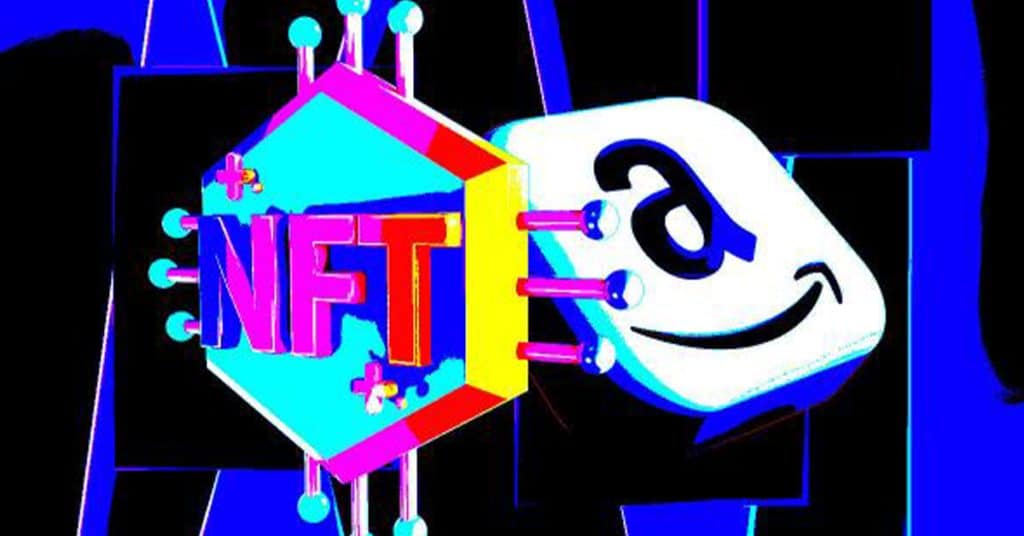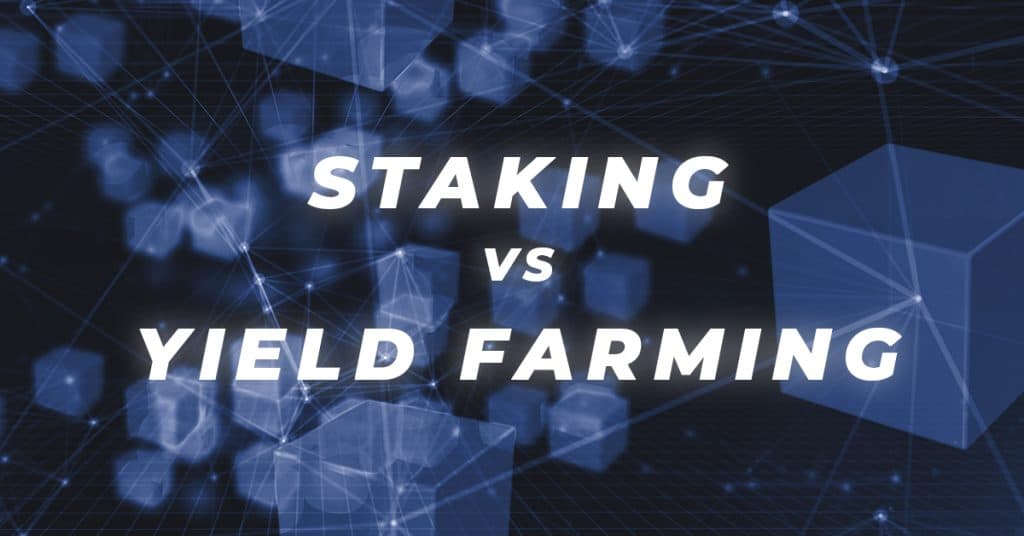The Difference Between Web 2 and Web 3

Crypto gives us the option to truly own our money. But what is this magic internet money, if not encrypted data? Indeed. And so, the crypto revolution not only holds the promise of owning our money - but owning all our data and sharing them with who we please. The umbrella term for this new iteration of the web is Web 3. Let's see how it differs from the not-so-good-old Web 2.
What is the difference between Web 2 and Web 3? Web 3 is a reaction to Web 2: the internet that coalesced towards a handful of giant companies reigning over user content and data. With Web3, it becomes possible to control and financially benefit from our own content, money, and data.
An Example of a Web 3 Application: Brave Browser
Before going into the comparison of subsequent iterations of the internet, let's dive in with an example of a Web 3 application that has been gaining traction in the last few years: Brave browser. This will instantly make some differences clear.
It all starts with logging in. To log in on Web 2 platforms like Google or Twitter, your username and password are paired and stored on the server of the platform. The problem with this is that it makes you as a user vulnerable to each website you have an account with to keep your credentials safe.










